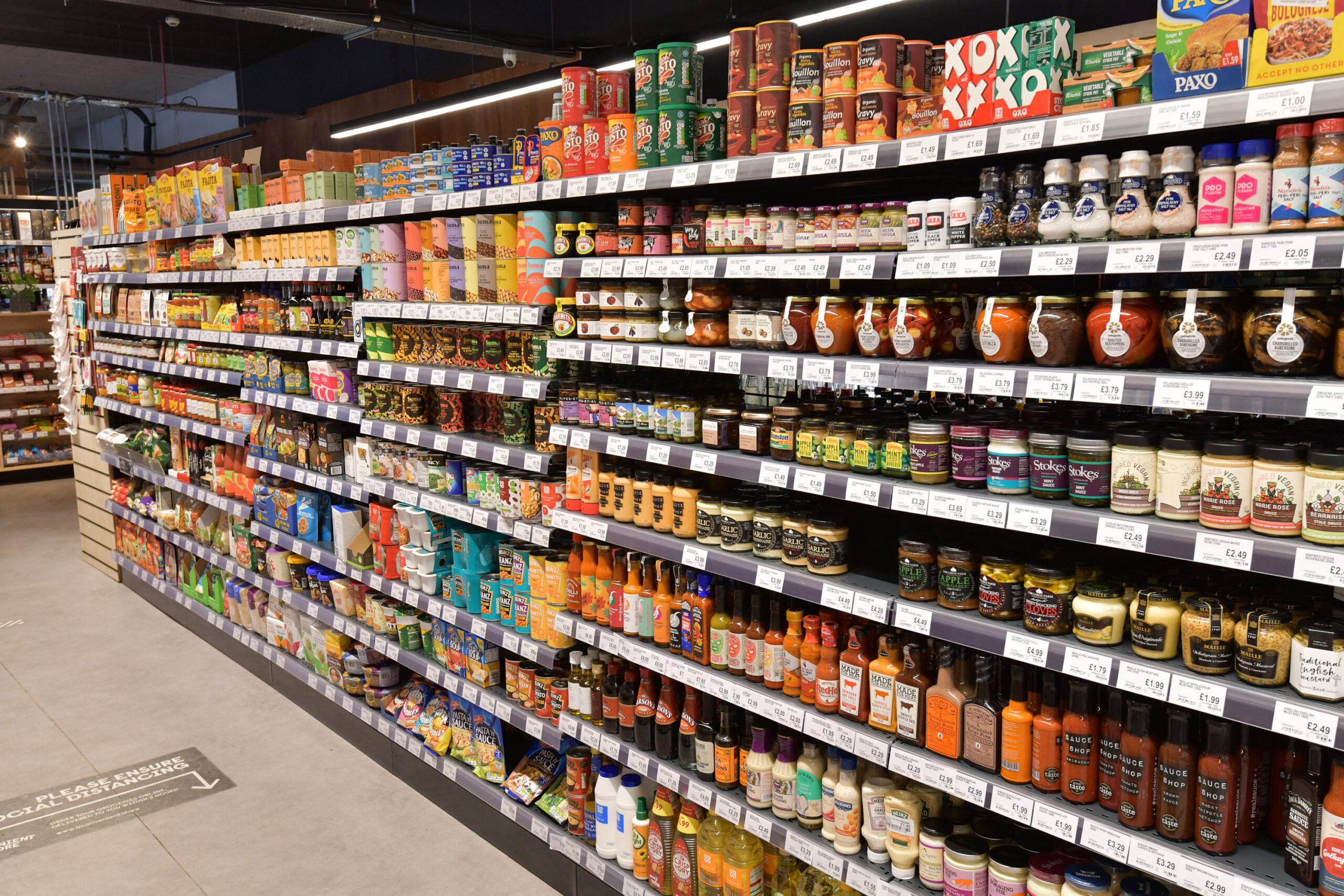Overall grocery prices have risen by 1.7% in the past four weeks compared with last year. With the average household now spending an extra £5.94 on groceries last month than they did at the same time last year.
Kantar predicts that the growing costs will mean shoppers will look to manage their spending by carefully selecting products and retailers that offer the best value.
Consumer spending plummets according to latest Kantar figures
Commenting on the data Fraser McKevitt, head of retail and consumer insight at Kantar stated that, “consumer behaviour continues to creep back to pre-pandemic habits and retailers that made significant gains last year are beginning to return to normal. Having benefitted from consumers shopping locally during the pandemic.”
Figures found that the forthcoming COP26 summit has influenced consumers with 29% of British consumers now considering themselves to be environmentally conscious, up from 23% last year. With these customers bringing significant spending powers to retailers, according to Kantar.
Trends also found that consumers are already preparing in the run up to Christmas, with sales of toys up by 5% on last year while gift wrapping products grew by 10%.
Convenience store sales fall 19% in past month says Kantar
However, according to McKevitt these are still “relatively small numbers with anxiety still growing around supply issues which has caused consumers to prepare earlier for Christmas.”
Tesco has seen a positive set of results amid ongoing private equity interest in Britain’s grocers, continuing to grow ahead of the market with sales up by 1.2% from 3 October 2021. Lidl is the only other retailer to achieve growth, increasing by 0.4% to give it a market share of 6.2%.
Morrisons, Co-Op and Ocado all saw market share decreases, with Sainsbury’s and Asda remaining the same, and Aldi and Iceland remained steady.



Comments
This article doesn't have any comments yet, be the first!